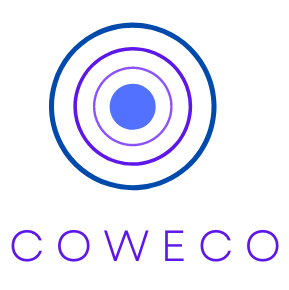Multitasking is detrimental to your productivity and increases your risk of burnout.
Neuropsychiatrist Theo Compernolle explains in his book “Unleash your brain” why it is not possible for a human brain to multitask and also explains this in an interview with the Belgian magazine Eos – Psyche & Brein.
No one can carry out two thought processes at the same time
Our thinking brain does not have the ability to perform multiple tasks at the same time. It is an illusion to think that our brain has adapted to multitasking. In evolutionary terms, humans would need at least three hundred thousand more years.
Many people think they can multitask, but in reality they keep switching back and forth between different tasks leading to loss of information, time and energy. It’s completely inefficient.
However, the thinking brain can work fine with the reflex brain that is used to perform routines, such as while driving.
Technological distraction
On the internet we are seduced with all kinds of interesting but extremely irrelevant information. We use the slightest excuse to be lured to the screen while doing other activities.
Social media outlets are designed to maximize social pressure for immediate answers.
Do not get distracted during your work!
However, it is not all about social networks. If you immediately check your professional email with every beep, you’re already multitasking. If you keep getting interrupted, an incredible amount of time, energy, memory and brain power is lost. It actually takes three or four times longer to complete a task, and the quality will be less than if you really focus. And YOU experience more stress. It’s a vicious circle: the more you multitask, the longer each task takes and the less time you have.
There is a connection between the online culture and burnout. Many people rob their bodies and their brains because they never take a mental break or not enough.
A few tips:
- Remove as many distractions as possible. Don’t mix your private activities on Facebook or Instagram with your professional life. Turn off your e-mail notifications, also from your professional account, and only check your e-mail at defined moments. If it is really urgent, you can be called.
- Before you go to sleep, it’s a good idea to make a list of the next day’s most important tasks. During the first part of the night, the archivists of your brain are busy processing all the information, and then they prepare for the next day. That way, your brain is ready for those important tasks. Make an effort to spend the first half hour of your workday only on the most important part of your work. If you first look at facebook or your mailbox, you have lost a large part of that brain preparation.
- Divide your work into task blocks. Work concentrated per block without distractions. When the block is finished, take a break.
- A busy office environment, such as a landscape office, makes it extra difficult not to be distracted. Try to isolate yourself for difficult tasks. If you have no choice, wear headphones. Or meet with colleagues to create a quiet work corner somewhere.

